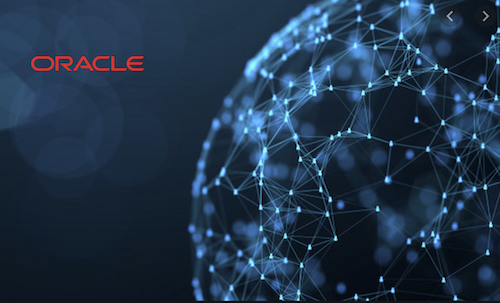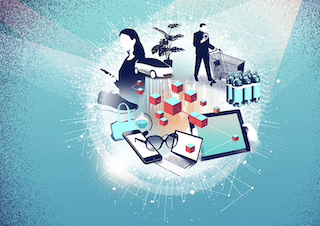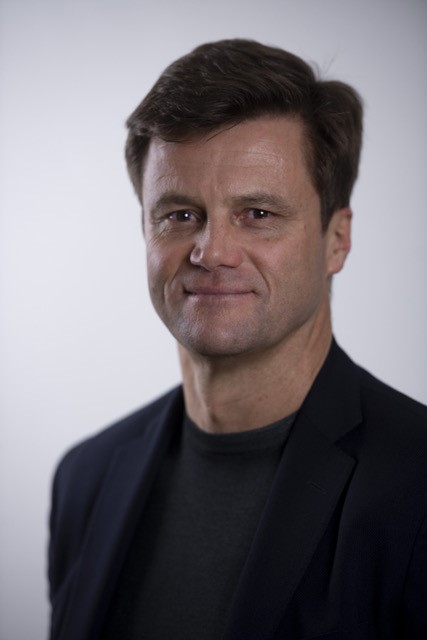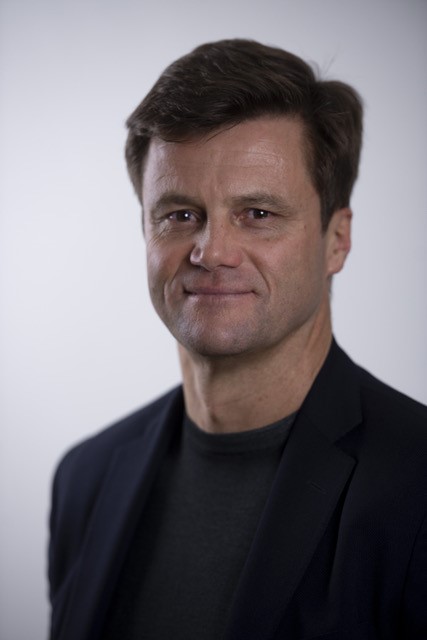Recently the Italian publication Tech Economy 2030 interviewed Oracle’s talented Product Management Director Lorenzo Cremona about the benefits of Blockchain technology and sample use cases for the technology. The publication published that interview in Italian, but we have translated it into English to share it to a wider audience via Oracle’s Blockchain Blog Following is the interview with Tech Economy 2030 and Lorenzo.
**********************************************************************************************
Blockchain is a disruptive technology. In fact, it undermines old ways and habits of tracing (or not tracing ) the exchanges carried out within a process, ensuring transparency and being able to allow the information to remain unalterable.” It is not like many people think of a new technology, given that after the first implementations related to cryptocurrencies and therefore to the famous bitcoins, applications in the world have spread and are now important and easily accessible even by small and medium-sized enterprises, “notes Lorenzo Cremona, Oracle Blockchain Platform Product Management Director. In this interview, Lorenzo provides several examples of Blockchain use, highlighting the contribution that this technology has already makes today in terms of environmental, economic and social sustainability.

What examples of applications can we make of Blockchain to better understand the advantages that this can bring?
Looking at sustainability, Blockchain uses in the field of raw material procurement are certainly interesting. Through the Circulor project, for example, Volvo Cars tracks the materials used to produce lithium-ion batteries, such as cobalt, its physical characteristics, the chain of custody and other information, useful for verifying compliance with the guidelines of the OECD in relation to the supply chain. Applications in the agri-food sector are interesting, such as with Clear Food, which integrates Oracle’s Blockchain to record every activity carried out along the entire production chain in an immutable and transparent way, from the farmer to the final consumer. Speaking of economic sustainability, in a constantly evolving market where it is necessary to have innovative tools useful to overcome the uncertainties related to the issue of bad loans, consider NPlus, an independent marketplace for the management of Non Performing Loans, or the so-called “impaired loans”, which can be exchanged quickly. Another interesting area of application is that of intellectual property and patents. Quinaryo has proposed a solution based on Oracle Blockchain Platform, designed for the Italian pharmaceutical sector, but which extends to the solution dedicated to procurement as well to other sectors, for example industrial and public, for the management of the register of suppliers and tenders through Smart Contracts, as well as the tracking of the supply of critical materials.
Last, certainly not least, the health sector where data exchange is fundamental and must be protected. If we look at this COVID-19 emergency and the contribution of the various stakeholders to the identification of a vaccine, we can say that Blockchain has played an interesting role in this case too, allowing it to participate in various subjects to contribute in a traced and safe way and thus speed up the process of testing.

What is the link between Blockchain and sustainability?
The link is undoubtedly strong and in some cases quite evident. Having a mechanism that allows transactions to be carried out safely not only simplifies relationships between subjects, but improves interoperability and solves trust problems between companies by improving their operations.
The Oracle Blockchain Platform is based on Hyperledger Fabric, an industry standard developed by an open source community and promoted by the Linux Foundation. Why this choice?
We chose this solution, adding other features deriving from Oracle’s forty years of experience in the treatment of data in safety, because it was also carefully watched by other competitors and because it represents a standard. The fact that it starts from an open code solution is then an undeniable advantage for the entire community. The Oracle Blockchain Platform somehow simplifies the approach even by medium-small companies, so much so that we work both with very small companies and with various professionals, trying to support these companies in the reinterpretation of complex processes.
What developments can we expect with the growth & adoption of Blockchain?
If it is true that the application of this technology is already a reality today, it is also true that we will see a big push in the next two or three years. And then the most interesting part will be in working on the integration of the different Blockchains (such as Hyperleger and Etherium) and also of those with systems that do not use Blockchains. One of the best things about our job is to find out how technologies and their applications evolve and how our partners will work.
About the Author

Lorenzo Cremona, Director of Outbound Product Management for Oracle Blockchain Platform.
